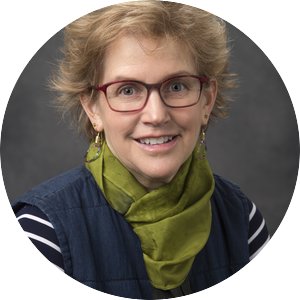Borlaug 335 and Zoom
Reception to follow at 3:30pm
When translating science to practice, we are often challenged with questions regarding the effectiveness of a given better management practice (BMP) when implemented on farm. any BMPs for fertilizer focus on reducing environmental impacts while maintaining profitability, and the supporting science typically suggests practice implementation will result in consistently measurable reductions in nutrient losses to water or as greenhouse gas (GHG) emissions. When those benefits are not realized at scale, attribution tends to focus on a lack of farmer adoption and farmer socioeconomic preferences and perceptions. However, science, itself, often does a poor job of characterizing the inference space for a BMP’s effectiveness and an even poorer job of conditioning public expectations with clear explanations of unknowns, uncertainties, potential trade-offs and the challenges of detecting true, directional change in highly variable environmental attributes. In this presentation, I will use legacy data on nutrient losses in tile drainflows and GHG emissions from Purdue University’s Water Quality Field Station to explore the realities of measuring change in ecosystem services and achieving multi-functional optimization of complex systems in a changing climate. I will also highlight some persistent issues regarding the overall agricultural data ecosystem that negatively impact our ability to implement targeted, data-driven solutions at landscape scales.

Dr. Sylvie M. Brouder is a professor and Wickersham Chair of Excellence in Agriculture Research in the Department of Agronomy and Director of the Center for Global Food Security at Purdue University. Her research addresses nutrient stewardship in agricultural landscapes and application of emerging digital tools and novel statistical approaches to improve data use for evidence-based recommendations and policy in a changing climate. Dr. Brouder recently served as president for the American Society of Agronomy (ASA) where she worked to advance an array of open science and data initiatives; she currently serves on the standing Science Advisory Board for US Environmental Protection Agency and, recently, Chaired an Agriculture Subcommittee panel on Biosolids. She is a Fellow of ASA and AAAS. At Purdue, Dr. Brouder oversees all research activities at the Water Quality Field Station, a long-term, in-field laboratory and Purdue Core Facility, and a common theme across several of her projects is synthesizing new research data with legacy and private data into recommendations and their frameworks. With colleagues, she developed and co-teaches Systematic Reviews in Agriculture and the Environment, a hybrid, graduate course synchronously taught at Purdue, University of Wisconsin, The Ohio State University, and Iowa State University.
